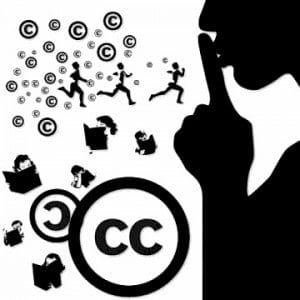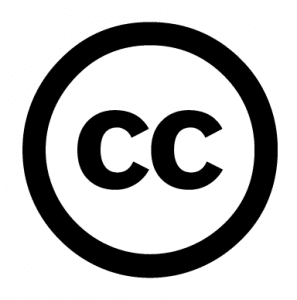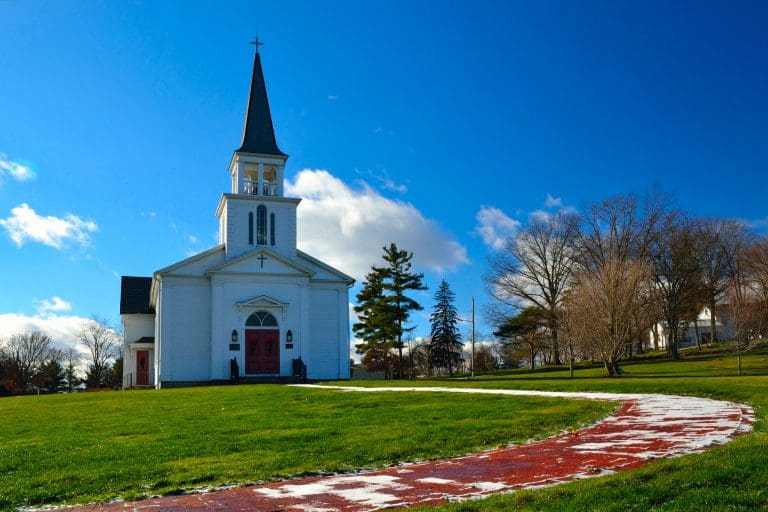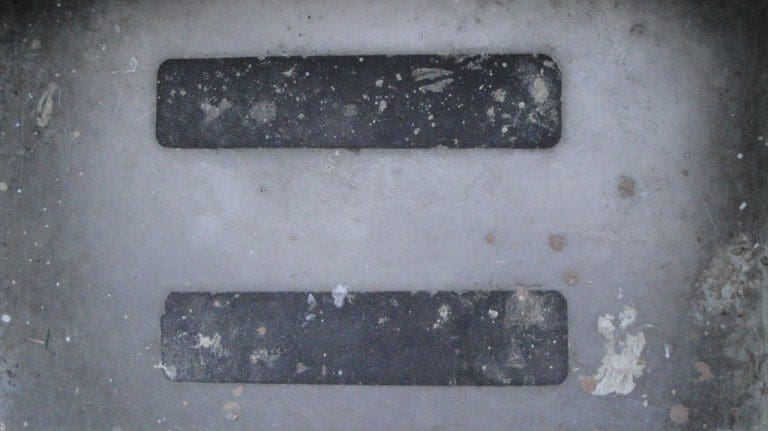Free Images, Graphics, & Photos: Creative Commons
 I’m going to take a big step away from politics and jump into the arts. Whether it’s finding an image for your blog, a picture for a class project, or a photo to turn into a great photoshop masterpiece; I can show you where you can legally find free to use images, graphics, and photos using the Creative Commons Search Engine. But, before we delve into what exactly Creative Commons is and why it’s so wonderful, I’m going to address why you should be using it.
I’m going to take a big step away from politics and jump into the arts. Whether it’s finding an image for your blog, a picture for a class project, or a photo to turn into a great photoshop masterpiece; I can show you where you can legally find free to use images, graphics, and photos using the Creative Commons Search Engine. But, before we delve into what exactly Creative Commons is and why it’s so wonderful, I’m going to address why you should be using it.
Copyright Basics
Unbeknownst to many, it’s really not legal to just take someone’s image from any old Google Image search or website and use it as your own. Without delving into a lengthy post about copyright, I’ll simply quote and link to an article that is far more knowledgeable than me on the subject. Sara Hawkins at the Social Media Examiner sums it up quite succinctly:
…unless you’re a photographer showcasing your own work, chances are you’ll need to use work created and owned by someone else…the general rule is that you can’t use a copyrighted work without express authorization from the owner…
A copyright is just one type of licensing available (and the default in most circumstances). That means most images on the web you technically can’t use without permission (though there are exceptions, such as “fair use”. Again, read the article above for more details).I’m going to show you some ways to get free graphics & photos that you can use without permission because permission has already been given.
Intro to Creative Commons
A Creative Commons (CC) License is a relative of the open source license. Open Source has been popularized by popular programs like Mozilla Firefox, Linux Operating System, and the Android Operating System. Chances are you’ve probably heard of it before. Again, without delving into a whole lot of technical information, I’ll give you the quick and the short. According to the Simple English Wikipedia,
Open source is a kind of software. It is different from other software because the source code is available to everyone. The source code is a set of instructions for the computer…
Anyone can see how the source code works and can change it if they want to make it work differently…Open source is almost the same thing as free software.
A Creative Commons License is a similar concept, except it applies to things that would be copyrighted (like art, writing, photos, graphics, songs, etc). The Creative Commons (CC) license comes in a few simple, interchangeable flavors. You can see outlined over at the Creative Commons website. If you’re confused, Creative Commons has also included a helpful page that lets you choose a license for yourself.
 For most personal projects (not for commercial use) you’ll want a license that allows you you to modify the work (i.e., a derivative). Most of the time (if not always) you’ll have to provide attribution (i.e., credit) to the original author. But apart from that, you can generally use it as you see fit without having to pay or get written legal permission. That is the wonderful part.
For most personal projects (not for commercial use) you’ll want a license that allows you you to modify the work (i.e., a derivative). Most of the time (if not always) you’ll have to provide attribution (i.e., credit) to the original author. But apart from that, you can generally use it as you see fit without having to pay or get written legal permission. That is the wonderful part.
Say you’re making a slideshow for a class project. You can use CC pictures to give it a professional look without breaking the law (and risking your grade). Or what about a Facebook page? You want to throw a picture into photoshop and spread it around with your logo on it. With most CC images you can do just that. Or, with a commercial CC license, you may even use a CC image to advertise your company or even create products featuring the CC imagery (the details of which you’ll need to look into… this isn’t legal advice). The point is, Creative Commons allows authors and artists to share their work to the world. Then the world can take their work and share it to more.
Keep in mind of course once you’ve used something that uses Creative Commons content, your work is now under the same license. You can’t create a graphic using CC content and then decide to copyright it “All rights reserved.” You must offer it under the same license for others to take, modify, and reuse themselves.
Where to find Creative Commons Images
Okay, so you say, “That’s cool…where do I find them?” You could of course do a search and try and weed through the pages hoping what you’re finding is Creative Commons licensed. But for those of us who like a simple solution, there is a nifty little tool we already mentioned.
The search I use the most often is actually a meta search: Search.CreativeCommons.org. From one page you can choose to search a number of websites and services including Flickr, Google, SoundCloud (music), Wikimedia, YouTube (Videos…duh), and more. The search also allows you to pick between types of licenses you want to search including ones you can make derivative works of and ones you can use for commercial purposes.
In Conclusion
Creative Commons opens the world to you and your creative endeavors. It allows you to make beautiful and awesome projects without riding the border of legality. Many talented people put many different works out into the world for the enjoyment of others. Often times, I find the Creative Commons search makes it easier to find what I want. From what I’ve gathered, people who make a work with CC license generally better idea of what they are doing (as opposed to it being randomly categorized by a search engine). So they fill out keywords and the sort to make finding the content easier.
The only thing cooler than using Creative Commons content is making your own.
Comment / Share
As always, your thoughts are always appreciated. If you have any other creative or public domain resources for free images, graphics, and/or photos please feel free to share them below. Also, share us with your friends. Word of mouth is a powerful thing. :)
Liked what you read? Subscribe for free.
Never miss out — Be notified of my latest articles!






